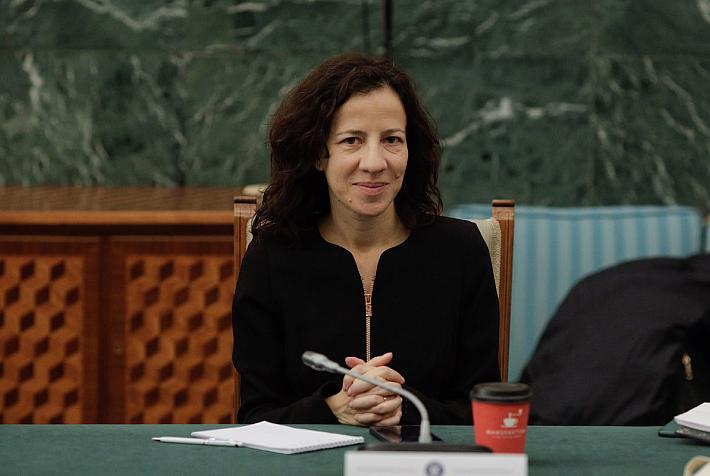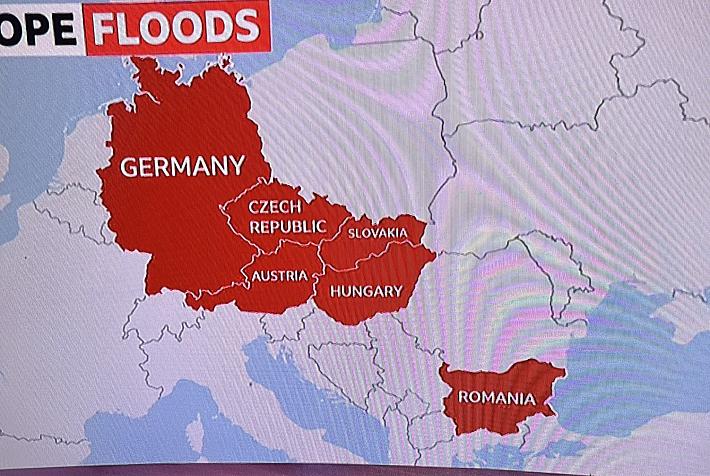Human rights court rules in favor of Romanian fired for private chats during work hours

The European Court of Human Rights (ECHR) in Strasbourg ruled against Romania in the case of an engineer who was fired by his employer for using the company’s internet service for personal purposes. The ECHR’s Grand Chamber changed a previous decision of the same court from January 2016, which had found no violations of the Human Rights Convention in this case.
The Grand Chamber held, by eleven votes to six, that there had been a violation of Article 8 of the European Convention on Human Rights in this case. Article 8 defines the right to respect for private and family life, the home and correspondence.
“The Court concluded that the national authorities had not adequately protected Mr Bărbulescu’s right to respect for his private life and correspondence. They had consequently failed to strike a fair balance between the interests at stake,” reads the Court’s statement.
According to ECHR, the courts in Romania had failed to determine whether Bărbulescu had received prior notice from his employer of the possibility that his communications might be monitored as well as the nature or the extent of the monitoring. The national courts also failed to determine the specific reasons justifying the introduction of the monitoring measures and whether the communications might have been accessed without his knowledge.
Bogdan Barbulescu, 38, lives in Bucharest and worked as an engineer in charge of sales at a private company, where he worked from August 2004 until August 2007. At his employers’ request, he created a Yahoo Messenger account for the purpose of responding to clients’ enquiries.
In July 2007, Bărbulescu was summoned by his employer and was informed that his Yahoo Messenger communications had been monitored and that there was evidence that he had used the internet for personal purposes. He replied in writing that he had only used the service for professional purposes but was then presented with a transcript of 45 pages of his communications from July 5-12, 2007, including messages he had exchanged with his brother and his fiancée relating to personal matters, some of the messages being of an intimate nature.
Bărbulescu was fired on August 1, 2007 for breach of the company’s internal regulations that prohibited the use of company resources for personal purposes. He challenged the company’s decision in Romanian courts but lost the lawsuits. He also lost the first action at the European Court of Human Rights. On June 6, 2016, his case was referred to the Grand Chamber at his request.
In its September 5, 2017 ruling, the Grand Chamber noted in particular that, although it was questionable whether Bărbulescu could have had a reasonable expectation of privacy in view of his employer’s restrictive regulations on internet use, of which he had been informed, “an employer’s instructions could not reduce private social life in the workplace to zero”.
The Court also concluded that the national authorities had not adequately protected Bărbulescu’s right to respect for his private life and correspondence and that they had consequently failed to strike a fair balance between the interests at stake.
The Court held that the finding of a violation constituted in itself sufficient just satisfaction for the non-pecuniary damage sustained by Bărbulescu.
editor@romania-insder.com















